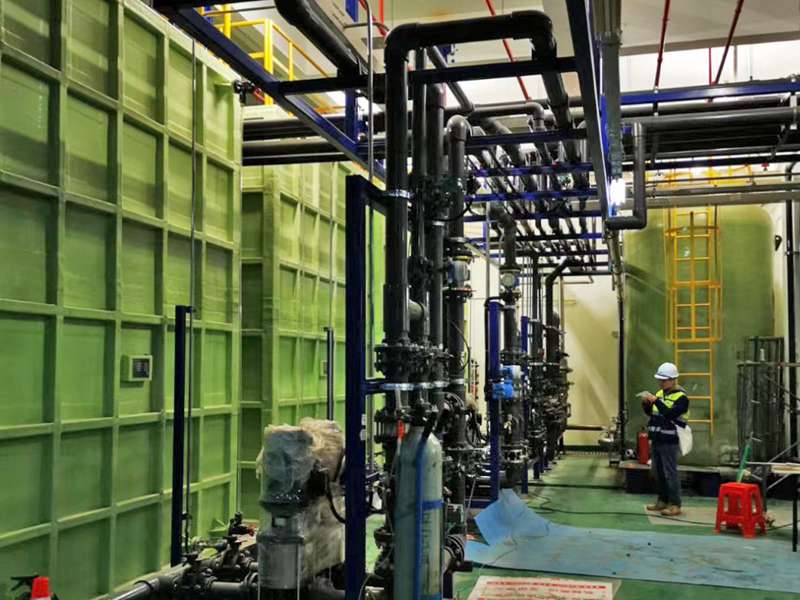
-
 Afrikaans
Afrikaans -
 Albanian
Albanian -
 Amharic
Amharic -
 Arabic
Arabic -
 Armenian
Armenian -
 Azerbaijani
Azerbaijani -
 Basque
Basque -
 Belarusian
Belarusian -
 Bengali
Bengali -
 Bosnian
Bosnian -
 Bulgarian
Bulgarian -
 Catalan
Catalan -
 Cebuano
Cebuano -
 China
China -
 China (Taiwan)
China (Taiwan) -
 Corsican
Corsican -
 Croatian
Croatian -
 Czech
Czech -
 Danish
Danish -
 Dutch
Dutch -
 English
English -
 Esperanto
Esperanto -
 Estonian
Estonian -
 Finnish
Finnish -
 French
French -
 Frisian
Frisian -
 Galician
Galician -
 Georgian
Georgian -
 German
German -
 Greek
Greek -
 Gujarati
Gujarati -
 Haitian Creole
Haitian Creole -
 hausa
hausa -
 hawaiian
hawaiian -
 Hebrew
Hebrew -
 Hindi
Hindi -
 Miao
Miao -
 Hungarian
Hungarian -
 Icelandic
Icelandic -
 igbo
igbo -
 Indonesian
Indonesian -
 irish
irish -
 Italian
Italian -
 Japanese
Japanese -
 Javanese
Javanese -
 Kannada
Kannada -
 kazakh
kazakh -
 Khmer
Khmer -
 Rwandese
Rwandese -
 Korean
Korean -
 Kurdish
Kurdish -
 Kyrgyz
Kyrgyz -
 Lao
Lao -
 Latin
Latin -
 Latvian
Latvian -
 Lithuanian
Lithuanian -
 Luxembourgish
Luxembourgish -
 Macedonian
Macedonian -
 Malgashi
Malgashi -
 Malay
Malay -
 Malayalam
Malayalam -
 Maltese
Maltese -
 Maori
Maori -
 Marathi
Marathi -
 Mongolian
Mongolian -
 Myanmar
Myanmar -
 Nepali
Nepali -
 Norwegian
Norwegian -
 Norwegian
Norwegian -
 Occitan
Occitan -
 Pashto
Pashto -
 Persian
Persian -
 Polish
Polish -
 Portuguese
Portuguese -
 Punjabi
Punjabi -
 Romanian
Romanian -
 Russian
Russian -
 Samoan
Samoan -
 Scottish Gaelic
Scottish Gaelic -
 Serbian
Serbian -
 Sesotho
Sesotho -
 Shona
Shona -
 Sindhi
Sindhi -
 Sinhala
Sinhala -
 Slovak
Slovak -
 Slovenian
Slovenian -
 Somali
Somali -
 Spanish
Spanish -
 Sundanese
Sundanese -
 Swahili
Swahili -
 Swedish
Swedish -
 Tagalog
Tagalog -
 Tajik
Tajik -
 Tamil
Tamil -
 Tatar
Tatar -
 Telugu
Telugu -
 Thai
Thai -
 Turkish
Turkish -
 Turkmen
Turkmen -
 Ukrainian
Ukrainian -
 Urdu
Urdu -
 Uighur
Uighur -
 Uzbek
Uzbek -
 Vietnamese
Vietnamese -
 Welsh
Welsh -
 Bantu
Bantu -
 Yiddish
Yiddish -
 Yoruba
Yoruba -
 Zulu
Zulu
fiberglass water tank
The Versatility of Fiberglass Water Tanks
Fiberglass water tanks have emerged as a popular choice for various water storage needs due to their durability, lightweight nature, and resistance to corrosion. These tanks are increasingly used in residential, commercial, and agricultural settings, proving to be a viable alternative to traditional materials such as concrete or metal.
One of the primary advantages of fiberglass water tanks is their resistance to corrosion. Unlike metal tanks that can rust over time when exposed to moisture, fiberglass is composed of a blend of glass fibers and resin, which creates a strong, impermeable barrier. This feature not only enhances the longevity of the tank but also ensures that the water stored within remains uncontaminated. As such, these tanks are ideal for storing potable water, irrigation, or even wastewater.
Another significant benefit of fiberglass is its lightweight characteristic. This attribute makes installation and transportation easier, reducing labor costs and time significantly. Unlike heavy concrete tanks, fiberglass tanks can be moved and installed without the need for heavy machinery. Additionally, they can be crafted in various shapes and sizes, allowing them to fit seamlessly into different environments, from backyards to large commercial properties.
fiberglass water tank

Furthermore, the flexibility in design allows for customization. Manufacturers can create tanks with varying capacities and features to meet specific needs. Whether it’s a small tank for a residential garden or a larger model for agricultural or industrial applications, fiberglass tanks can be tailored for efficiency and practicality. The smooth surface of fiberglass also minimizes the growth of algae and bacteria, contributing to maintaining clean water.
Fiberglass water tanks are also known for their excellent insulation properties. They can keep water at a consistent temperature, which is essential in certain applications, such as livestock watering systems. In colder climates, this insulation helps prevent freezing, ensuring a reliable water source throughout the year. Conversely, in hot climates, it minimizes heat absorption, maintaining cooler water temperatures for various uses.
Moreover, the installation of fiberglass tanks is generally straightforward. They can be buried underground or installed above ground, depending on space and design preferences. Many models come pre-formed and can be connected to existing plumbing systems with relative ease. This accessibility makes them an attractive option for those looking to integrate a new water storage solution without extensive renovations.
In conclusion, fiberglass water tanks offer a modern solution to water storage challenges across various sectors. Their resistance to corrosion, lightweight nature, customization options, and insulation capabilities make them a superior choice compared to traditional materials. Whether for residential use, agricultural purposes, or commercial applications, these tanks provide a reliable and cost-effective means of storing water. As awareness about their benefits grows, it is expected that fiberglass tanks will become increasingly prevalent in water management solutions worldwide.
Latest news
-
Premium GRP Playground Equipment Durable & Safe FunNewsJun.06,2025
-
Premium FRP Storage Tanks - Corrosion Proof Acid ContainmentNewsJun.06,2025
-
FRP Absorber Industrial Noise Control SolutionNewsJun.06,2025
-
Efficient FRP Demister Superior Fog Elimination GearNewsJun.05,2025
-
Optimize Data Transfer with RTRP Protocol for Max EfficiencyNewsJun.05,2025
-
Innovative Gold Mining Bits for Enhanced Drilling EfficiencyNewsJun.05,2025









